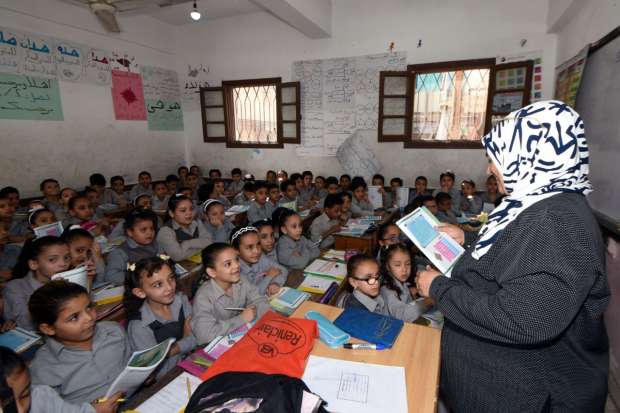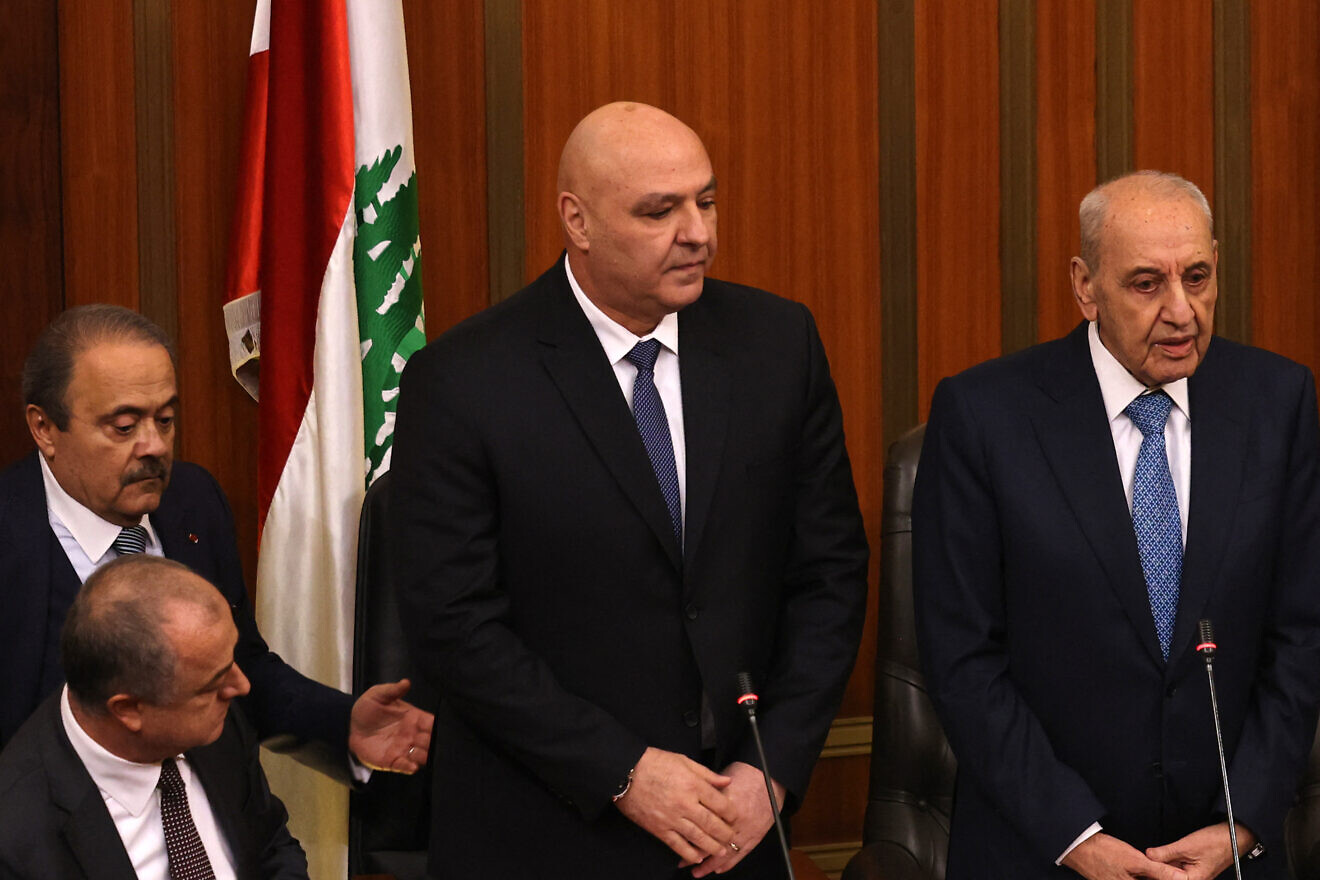Egypt’s education system faces significant challenges, including overcrowded classrooms and a shortage of teachers.
According to Egypt’s new Minister of Education, Mohamed Abdel Latif, among Egypt’s foremost challenges in its education system are overcrowded classrooms and a critical shortage of teachers.
He stated that some classes have as many as 120 to 130 students and announced that the ministry will address these issues and develop a new structure for the education system.
As of December 2023, according to the Ministry of Education’s Pre-university Education annual bulletin for the academic year 2023/2024, the total number of students in schools across Egypt this year reached 25,657,984.
The report also revealed a teaching force numbering 922,628 teachers across the country, serving 61,512 schools—both public and private schools nationwide—housing a total of 556,888 classrooms.
Abdel Latif also highlighted another pressing concern about educational curriculum, noting a significant disparity as government high schools cover 32 subjects, whereas international schools focus on just 16.
The Effect of Overcrowded Classes on Education
An overcrowded classroom occurs when the number of students exceeds the intended capacity of the classroom space, according to the 2002 paper “School Facility Conditions and Student Academic Achievement” by Glen Earthman.
Overcrowded classrooms pose significant challenges to the teaching-learning process in the education system.
According to a 2018 study, overcrowded classrooms hinder effective instruction delivery, leading to poor academic outcomes. Teachers could also struggle to engage with all students adequately, impacting their ability to assess and evaluate academic performance effectively. This lack of interaction and assessment further undermines the overall teaching-learning process,
Additionally, teachers in overcrowded classes experience physical fatigue from having to speak very loudly to be heard over the noise, according to the 1997 paper “Helping Teachers to Cope with Large Classes” by David Hayes.
A Need for Reform
The ministry has outlined forthcoming initiatives to develop a comprehensive restructuring to enhance Egypt’s educational framework, and reassess and streamline the curricula’s subjects. This includes exploring alternative operational strategies for school buildings based on existing resources and capabilities.
On June 3, Egypt’s Prime Minister, Mostafa Madbouly, stressed the need to prioritize the increase of highly skilled teachers, starting with the appointment of 30,000 teachers annually to address the severe teacher shortage.
Annually appointing teachers over five years, the initiative’s inaugural phase saw 15,902 educators selected through a competitive process to bolster staffing in critical administrative areas by October 2023.
Regarding the second phase of appointing highly qualified teachers, 20,866 teachers have successfully passed the tests administered by the Central Agency for Organization and Administration, and the process of completing relevant training procedures is currently underway.
Tests for the third phase are in motion, involving 11,144 subject teachers and 18,886 class teachers, with the ministry awaiting the outcomes.
During a meeting on 13 July, Abdel Latif emphasized the key pillars of the Ministry of Education’s strategic plan that focuses on sustainability and lifelong learning, high-quality education meeting global competitiveness standards, and ensuring comprehensive, equitable access for all groups.
The plan also includes strategies for digital transformation, innovative governance, and effective educational management, aiming to enhance learning quality and promote accessibility, inclusivity, and equitable participation.
According to Madbouly, to elevate educational standards and build a culture of creativity and innovation among students, the emphasis remains unwavering on continuous teacher training to align with a progressive global educational model.




















Discussion about this post